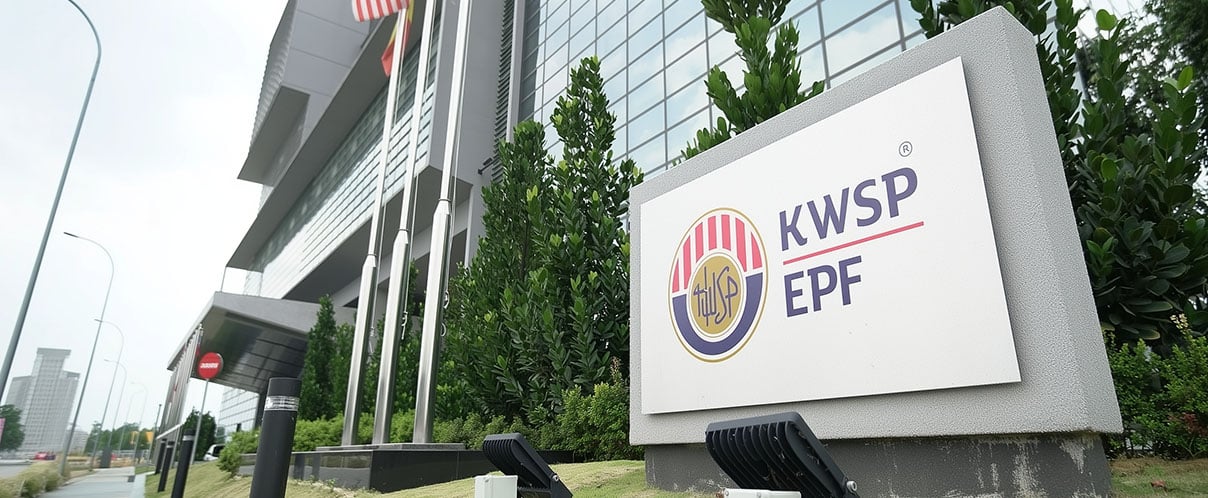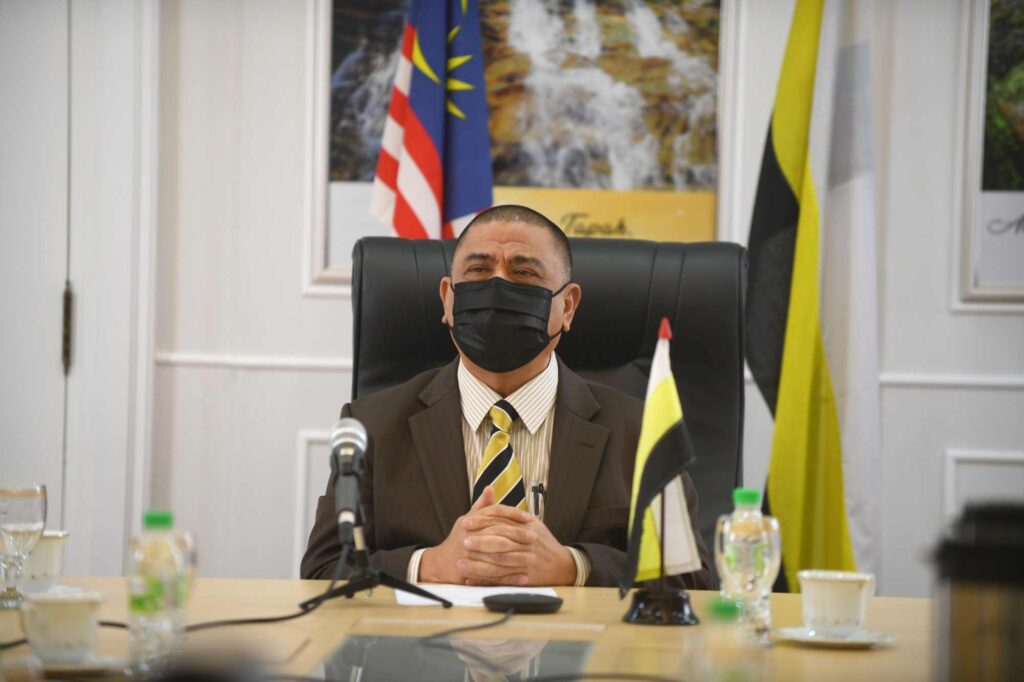
To better serve their citizens, state officials in Perak partnered with TM One to address the hurdle of poor connectivity
Recent adoptions such as the SingPass1 app in Singapore and the TaipeiPASS2 in Taiwan signal an uptick in the use of digital services by government agencies across the world to better serve their constituents.
Implementing digital services, however, involves overcoming various hurdles along the path; chief among these is poor or unstable connectivity.
While digital technologies hold much promise for improving social and economic conditions, the fundamental requirement of secure and reliable connectivity remains a global challenge. According to a recent United Nations announcement3, almost half of the world’s population is still offline, leading to concerns around inequality in the digital era.
A paper by Khazanah Research Institute4 also pointed out that internet access is key to social development and that without a strong backbone of digital connectivity, digital services would be ineffective.
The story of how Perak, a state on the west coast of Malaysia, set out to digitalise its services illustrates how certain keys will help unlock the benefits of smart services and address the digital divide. Working with TM One, the enterprise and public sector arm of Telekom Malaysia Berhad (TM), Perak eventually saw greater improvement in digital connectivity, which helped them connect with their citizens better and more efficiently.
The connectivity conundrum
The Perak state government had established the ‘e-Penghulu’ (penghulu = village chief) platform, to more effectively digitalised essential citizen services. Through this platform, local citizens would be able to quickly access and verify information on grant applications or assistance. In addition to maintaining better quality and consistency of villagers’ information, this digital enhancement of operations would also enable state officials to redirect resources to other areas.
However, poor internet connectivity in Perak hampered the platform’s expected productivity and performance benefits. It was challenging for village chiefs and their staff to access the e-Penghulu system and prevented them from serving the community in a timely and efficient manner.
Consequently, the community experienced long waiting times to be served, which fuelled numerous user complaints and poor uptake of the platform.
Overcoming Perak’s connectivity challenge
To enhance the connectivity in all 72 village chief offices around the state, TM One innovated a software-defined wide area network (SD-WAN) to provide a faster, more resilient, and stable internet connection to all the offices.
This initiative has enabled the speed upgrade from 1 Mbps to 10 Mbps connectivity to all the offices, which is sufficient for smooth streaming of high-definition video.
Additionally, SD-WAN proactively monitors the network, detects and corrects any connectivity issues promptly. This high-speed internet fully supports the e-Penghulu service as well as other interconnected government systems.
As a result, the Perak state government has seen an increased uptake, and reduced user complaints.

Commenting on the connectivity upgrade, Dato' Saarani Bin Mohamad, Chief Minister of Perak, said, “Expanding the digitalisation efforts in Perak has been one of the state government’s top aspirations. We want to ensure that all areas – regardless of rural or urban – have access to high-speed connectivity, which is the backbone for the digital economy and digital government. Only with a good and reliable internet connection, we can roll out digital applications and platforms, such as e-Penghulu, that will improve our service for the citizens, or rakyat, of Perak.”
Continued drive to enhance citizens’ lives
TM One is continuing the journey to improve internet access in the state of Perak, involving other state agencies. The road ahead includes introducing statewide internet hotspots for citizens and more digital applications with the goals of boosting efficiency, which include a staff digital attendance system.
The state government also envisages creating a mobile application for the e-Penghulu platform, which will enable Perakians to enjoy all the benefits of e-Penghulu from the convenience of their smartphones.
“TM One has helped Perak tremendously in helping us achieve our digital ambitions. The team understands our needs and goals to become a smart state, and they are always ready when we need their assistance. I am looking forward to more improvements in internet connectivity throughout the state, as well as the deployments of more platforms and applications in the towns of Perak – so that we can become one of the smartest, most digitalised and most sustainable states in the country,” concluded Dato' Saarani.
The digitalisation of government services undoubtedly benefits citizens. As highlighted by the latest World Economic Forum Agenda Dialogues5, the role of public-private partnerships in bridging the digital divide has proven to be a catalytic key during the COVID-19 pandemic. An inclusive 'whole society' approach, involving industry leaders such as TM One and public agencies, will undoubtedly help unlock even more social and economic benefits offered by smart services as the world journeys further into the digital era.
This article was originally published in GovInsider6
1. https://govinsider.asia/intelligent-gov/kendrick-lee-govtech-singpass-4-ways-singapore-uses-digital-identity-to-create-seamless-services/
2. https://govinsider.asia/citizen-centric/4-ways-taiwans-superapp-improves-citizens-lives-lu-hsin-ke/
3. https://www.un.org/press/en/2021/dsgsm1579.doc.htm
4. http://krinstitute.org/assets/contentMS/img/template/editor/20200907%20Inclusion%20v4.0.pdf
5. https://www.weforum.org/agenda/2021/10/how-to-build-a-bridge-across-the-digital-divide/
6. https://govinsider.asia/digital-economy/how-to-unleash-the-full-power-of-smart-services-in-rural-malaysia-tm-one/